
Kód: 34012476
Maître Eckhart - Le procès de l'Un
Autor Hervé Pasqua
" Penser avec Eckhart et, au cas échéant, contre lui, tel est le dessein de l'auteur de "Maître Eckhart – Le procès de l'Un". Dans cet ouvrage important, Hervé Pasqua, directeur de l'Institut catholique de Rennes, présente l'œuvre ... celý popis
- Jazyk:
 Francúzština
Francúzština - Väzba: Brožovaná
- Počet strán: 436
- Viac informácií o knihe

65.84 €
Dostupnosť:
50 % šanca Máme informáciu, že by titul mohol byť dostupný. Na základe vašej objednávky sa ho pokúsime do 6 týždňov zabezpečiť.
Máme informáciu, že by titul mohol byť dostupný. Na základe vašej objednávky sa ho pokúsime do 6 týždňov zabezpečiť.Prehľadáme celý svet
Mohlo by sa vám tiež páčiť
-
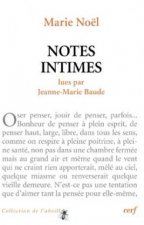
Notes intimes
20.47 € -
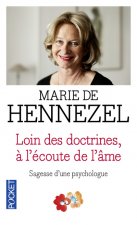
Loin des doctrines, à l'écoute de l'âme
9.31 € -

Les oubliés T01
12.18 € -
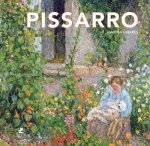
Pissarro
14.53 € -
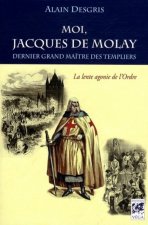
Moi, jacques de molay
34.40 € -
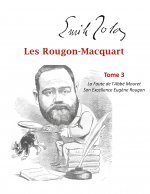
Les Rougon-Macquart
60.92 € -

Les Loisirs Du Chevalier d'Eon de Beaumont, Sur Divers Sujets Importants d'Administration
35.93 € -
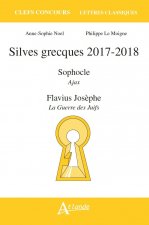
Silves grecques 2017-2018
25.08 € -

Un siècle de véhicules de la Gendarmerie nationale
59.18 € -

Persécution inséparables
30.92 € -
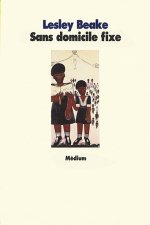
sans domicile fixe
14.02 € -
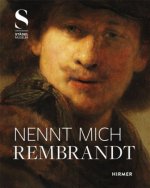
Nennt mich Rembrandt
19.75 € -2 % -

Talent, Strategy, Risk
34.71 € -4 % -

MARCHE DU CLXIII 4 MS PIANO
11.15 €
Darčekový poukaz: Radosť zaručená
- Darujte poukaz v ľubovoľnej hodnote, a my sa postaráme o zvyšok.
- Poukaz sa vzťahuje na všetky produkty v našej ponuke.
- Elektronický poukaz si vytlačíte z e-mailu a môžete ho ihneď darovať.
- Platnosť poukazu je 12 mesiacov od dátumu vystavenia.
Informovať o naskladnení knihy
Zadajte do formulára e-mailovú adresu a akonáhle knihu naskladníme, zašleme vám o tom správu. Postrážime všetko za vás.
Viac informácií o knihe Maître Eckhart - Le procès de l'Un
Nákupom získate 163 bodov
 Anotácia knihy
Anotácia knihy
" Penser avec Eckhart et, au cas échéant, contre lui, tel est le dessein de l'auteur de "Maître Eckhart – Le procès de l'Un". Dans cet ouvrage important, Hervé Pasqua, directeur de l'Institut catholique de Rennes, présente l'œuvre du maître rhénan à la lumière de son néoplatonisme. Le titre peut s'entendre à la fois comme mise en accusation de l'Un et processus de développement ou d'émanation de l'Un, au sens où tout en procède. S'opposant à la thèse de ceux qui considèrent qu'il y aurait deux Eckhart, celui pour qui Dieu est l'Être et celui pour qui Dieu est l'Un, Hervé Pasqua tranche résolument dans les ambiguïtés du Thuringien et propose une lecture fortement néoplatonicienne de Maître Eckhart. Dans une première partie, il considère la Déité comment étant le nom de l'Un, dans la seconde il montre la "misère de l'Un sans l'être". Il tente ensuite de dénoncer les faiblesses de cette pensée et de faire "le procès de l'Un". Ce livre d'Hervé Pasqua s'inscrit dans une vaste réflexion qu'il mène depuis plusieurs années sur le thème du rapport entre l'Un et l'Être, visant à dégager la perspective d'un Être qui, au-delà de toute ontothéologie réduisant l'être à l'étant, occuperait le rôle que joue l'Un dans la pensée d'inspiration néoplatonicienne. Sa visée est sans doute aussi de mettre en garde contre une théologie qui porte exagérément l'accent sur l'apophatisme. " (Benoît Beyer de Ryke, Université libre de Bruxelles) -- "To think with Eckhart and, in some instances, against him; this is the aim of the author of Maître Eckhart – Le procès de l'Un. In this important book, Hervé Pasqua, director of the Institut catholique in Rennes, presents the work of the Rhineland Master in the light of his Neo-Platonism. The title in French can be understood in two ways: as an accusation made against 'the One', or as the process of development or emanation from 'the One', in the sense that everything emanates from this unique source. Opposing the ideas of those who consider that there are two Eckharts - one for whom God is the being and the other for whom God Is One - Hervé Pasqua resolutely cuts through the Thuringian's ambiguities and proposes a deeply Neo-Platonist reading of Master Eckhart. In the first part, he considers the Deity as being the name of 'the One'; in the second he shows the 'the wretchedness of the One without the being'. He then attempts to denounce the weaknesses of this philosophy and declares open 'le process de l'Un'. Hervé Pasqua's book is part of a broad reflection which he has been conducting for several years on the rapport between the One and the Being, in the aim of distinguishing the traits of a Being who, beyond all ontology reducing the being to the existing, would occupy the role played by 'the One' in a philosophy of Neo-Platonist inspiration. His aim is also very probably to warn against a theology which puts too strong an accent on apophatism.' (Benoît Beyer de Ryke, Free University of Brussels)
 Parametre knihy
Parametre knihy
65.84 €
- Celý názov: Maître Eckhart - Le procès de l'Un
- Autor: Hervé Pasqua
- Jazyk:
 Francúzština
Francúzština - Väzba: Brožovaná
- Počet strán: 436
- EAN: 9782204082655
- ID: 34012476
- Hmotnosť: 560 g
- Rozmery: 215 × 135 × 28 mm
Obľúbené z iného súdka
-
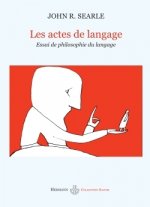
Les actes du langage
42.39 € -
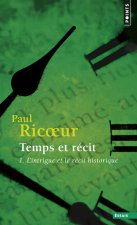
Temps et récit, tome 1
17.60 € -
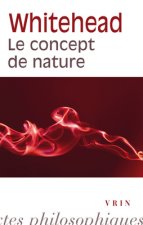
Alfred North Whitehead: Le Concept de Nature
18.12 € -
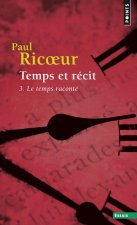
Temps et récit , tome 3
17.40 € -

Toutes les intelligences du monde. Animaux, plantes, machines
32.45 € -
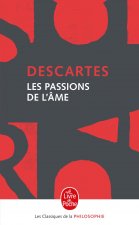
Les Passions de L AME
10.54 € -
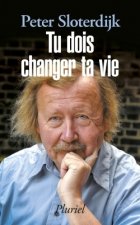
Tu dois changer ta vie
17.71 € -
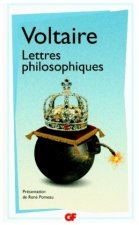
Lettres philosophiques
8.59 € -
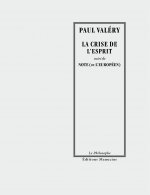
LA CRISE DE L'ESPRIT
10.85 € -
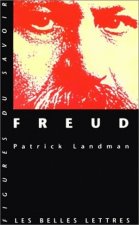
Freud
27.44 € -
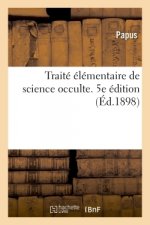
Traite Elementaire de Science Occulte. 5e Edition
37.06 € -
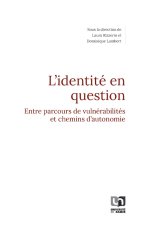
L'Identité en question
25.08 € -
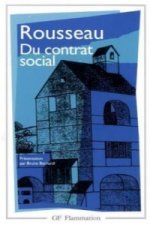
Du contrat social
7.88 € -
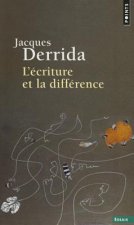
L'ecriture et la difference
19.45 € -
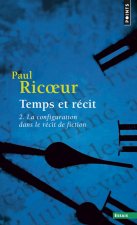
Temps et récit , tome 2
15.04 € -
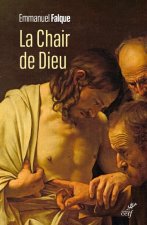
La chair de Dieu
33.27 € -
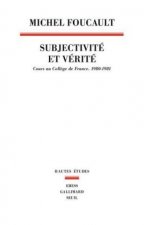
Subjectivité et vérité
34.91 € -
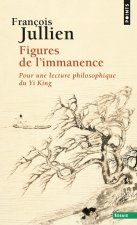
Figures de L'Immanence. Pour Une Lecture Philosophique Du Yi King
16.99 € -
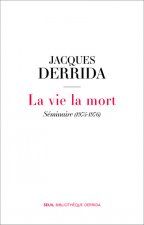
La Vie la mort
33.58 € -
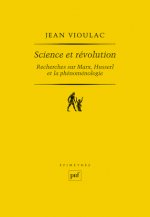
Science et révolution. Recherches sur Marx, Husserl et la phénoménologie
36.86 € -
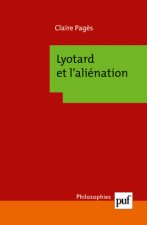
Lyotard et l'aliénation
17.50 € -
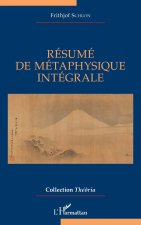
Résumé de métaphysique intégrale
18.12 € -
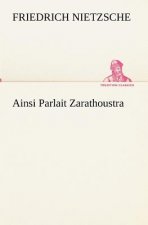
Ainsi Parlait Zarathoustra
48.02 € -
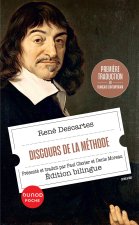
Discours de la méthode
13.92 € -
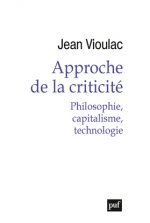
Approche de la criticité
36.86 € -
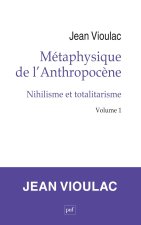
Métaphysique de l'Anthropocène, 1. Nihilisme et totalitarisme
28.56 € -

CLAVIS UNIVERSALIS
35.32 € -
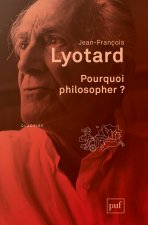
Pourquoi philosopher ?
13.41 € -
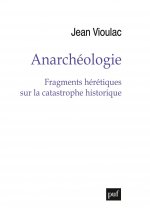
Anarchéologie
28.56 € -
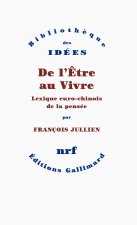
De l'Être au Vivre
24.98 € -
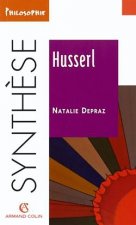
Husserl
18.94 € -

La renaissance de l'hébreu
44.95 € -
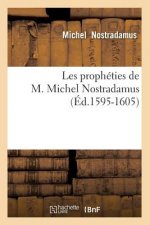
Les Propheties de M. Michel Nostradamus (Ed.1595-1605)
25.08 € -
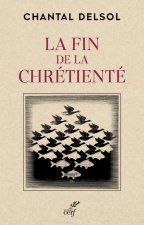
LA FIN DE LA CHRETIENTE
21.60 € -

Hospitalité
32.45 € -
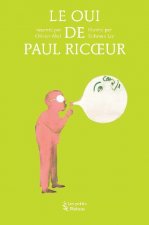
Le Oui de Paul Ricoeur
21.60 € -
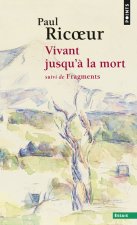
Vivant jusqu'a la mort suivi de Fragments
13.30 € -
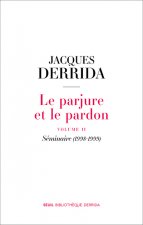
Le Parjure et le Pardon
32.45 € -
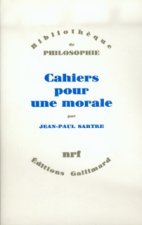
Cahiers pour une morale
30.81 € -
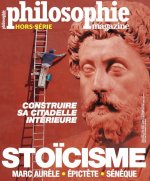
Philosophie magazine HS Stoïcisme : Marc Aurèle, Epictète, Sénèque - Printemps/Ete 2021
10.95 € -7 % -
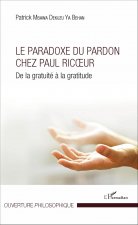
Le Paradoxe du pardon chez Paul Ricoeur
20.47 € -
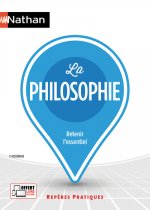
La philosophie - Repères pratiques N78 - 2020
18.53 € -
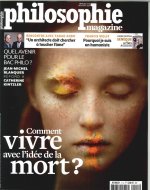
Philosophie Magazine N°114 Comment Vivre Avec L Idee De La Mort Novembre 2017
7.57 € -13 % -
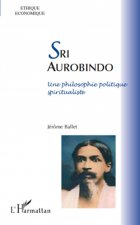
Sri Aurobindo
16.89 € -
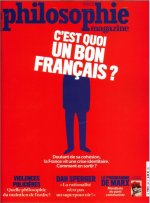
Philosophie Magazine N°156 : C'est quoi un bon français ? - Février 2022
10.74 € -

Gilles Deleuze, Felix Guattari: Biographie Croisee
21.60 € -
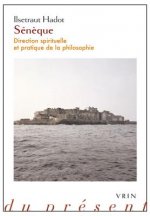
Seneque: Direction Spirituelle Et Pratique de La Philosophie
32.15 € -
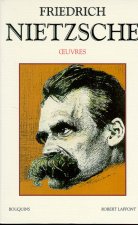
Oeuvres de Friedrich Nietzsche - tome 2
42.59 € -
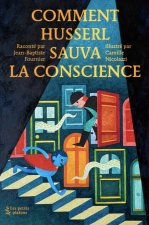
Comment Husserl sauva la conscience
21.60 €
Osobný odber Bratislava a 2642 dalších
Copyright ©2008-24 najlacnejsie-knihy.sk Všetky práva vyhradenéSúkromieCookies


 21 miliónov titulov
21 miliónov titulov Vrátenie do mesiaca
Vrátenie do mesiaca 02/210 210 99 (8-15.30h)
02/210 210 99 (8-15.30h)